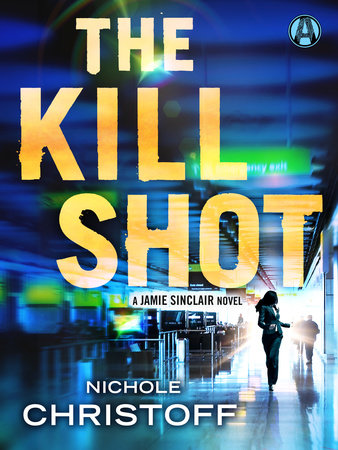Author Q&A
Q: Is Normal Girl autobiographical?
A: Yes, and no. Some things about the book are meant to seem more autobiographical than they really are. I expect the book to be read in part as an autobiography, so I played with that idea by trying to infuse names that seemed real and events that could have happened. I had seen the memoir craze, and liked the idea of a novel that used some of the conventions of a memoir. For instance, the protagonists name is Miranda Woke and my middle name is Miranda. It’s a little dangerous and that’s what makes it fun.
Q: You have chosen a young female protagonist to represent the underbelly of New York’s elite and your title even points this up. Why a girl?
A:I created a young girl because I wanted to explore the mechanics of how a soul becomes corrupted. It’s a nature versus nurture question. I believe in the nurture theory. I believe that people are born good. The character of Miranda Wolk was born with the proverbial silverspoon in her mouth — the right schools, the right temple, the right moral parents — and she has no values and has gotten her best education from the street where she bottoms out. Maybe high society isn’t so high.
Q: What about the way you depict your social scene, is that accurate?
A: This novel is a social satire. Almost all the elements of the book are overblown to prove a point about young urban living. We live in a society of extremes. Fame and fortune burn at match rate — one can become an after-thought before they are twenty.
Moreover, our attention span gets smaller and smaller, and as this happens, so do our worlds.
Q: Your character’s values are questionable. Do they reflect yours?
A: In some ways Miranda reflects the values that I used to have. She gossips, she treats people as if they were disposable, she is verbally abusive, and she has a crippling sense of entitlement.
But unlike my character, I was raised with a strong sense of family and always knew that I was loved and accepted by my parents. So, in many ways I am much luckier then Miranda Wolk.
Q: Drugs are a central theme in Normal Girl. What is your take on drugs and how they affect the lives of your generation?
A: I think drugs are the number one problem our generation more than any other faces because our parents are baby-boomers. Baby-boomers experimented with drugs much more then any generation before Them, so many baby boomer parents have a much more casual attitude towards drugs. Many baby boomer parents believe that experimentation with drugs is healthy whereas there parents did not. This Liberal attitude towards drugs can be seen affecting the population, in 1995 2.4 million people started using marijuana. There has also been an increase in the use of designer drugs such as GHB, Methylphenidate, and Mathylenedioxymethamphetamine (ecstasy). But there are many things we can do to stop this problem, increased funding for drug rehabs, pressuring managed care to cover inpatient treatment, supporting the Atlanta resolution, bring the public focus back to prevention and rejecting the legalization of drugs. To achieve success we must remember that the use of drugs is preventable and drug addiction is a disease, a treatable disease. We must turn our focus back to prevention and treatment.
Q: Your novel is very funny. Were you always considered funny? Were you a funny kid? Are you a funny adult?
A: I don’t know — I think I’m just learning that I’m funny. I used to do standup for my mother when I was a little girl. My jokes were a little crude. I guess I am like any other person who practices humor I use where I come from as my material, I guess I’m a material girl.
Q: Have you got any words of wisdom for your peers?
A: Never ride in a small Italian car and never follow a dog act.
Q: How is it to be writing coming from such a strong lineage of writers?
A: Once when I was little, my mother and grandfather were on a talk show together. I went back stage to sit in the green room (why is it that green rooms most often are not actually green?) and the person who was watching over me while my mom and grandfather did their schtick called me the Jong-let. I was so hurt. I remember thinking this is the family business I want no part in it. But then when I got older I realized that there was nothing that my family considered a real job but writing. It’s the family business, like being in the Mafia actually—- except writers don’t have to worry about getting shot.



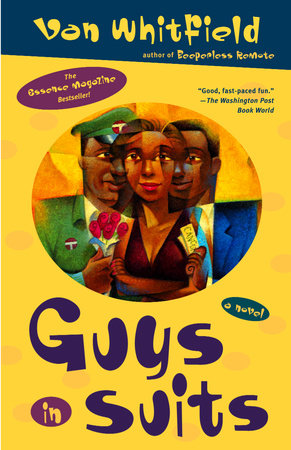
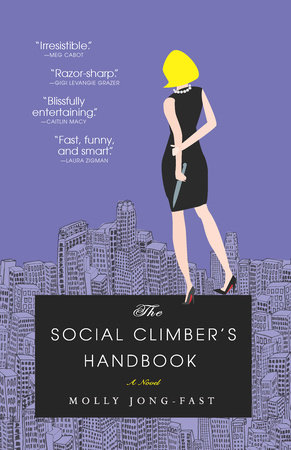
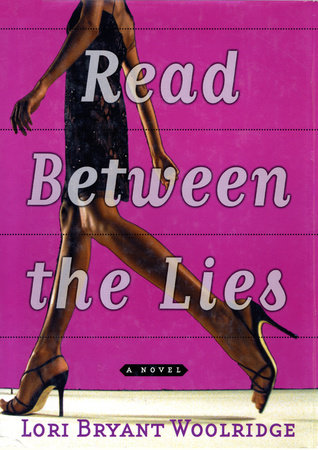
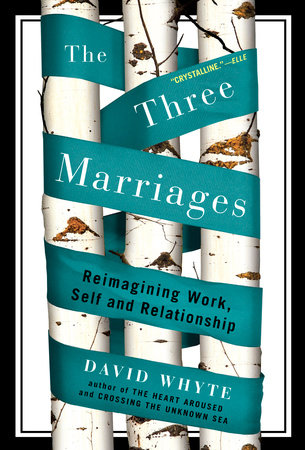
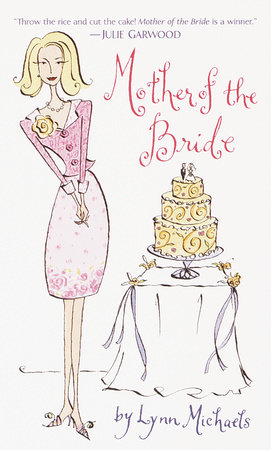
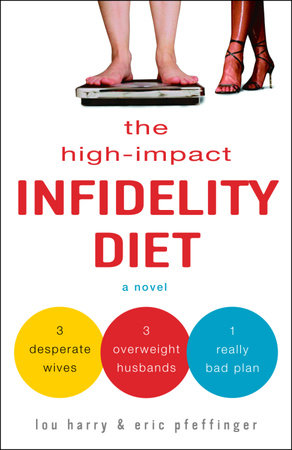
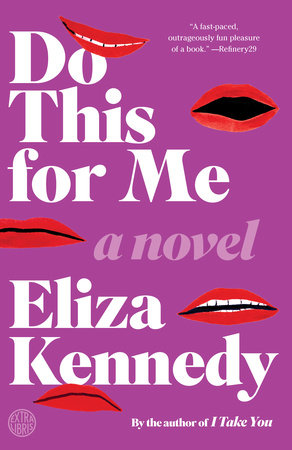
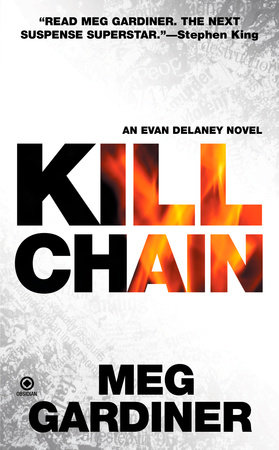
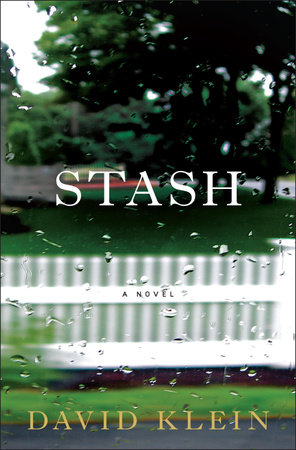







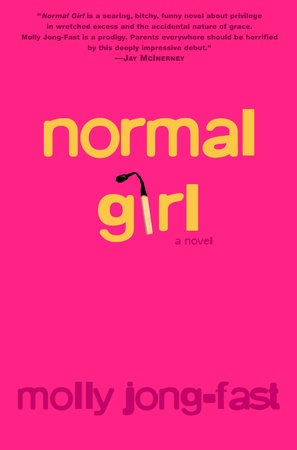
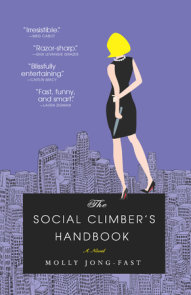
![Girl [Maladjusted]](https://images4.penguinrandomhouse.com/cover/9780307415301?height=295&alt=cover_coming_soon.jpg)
